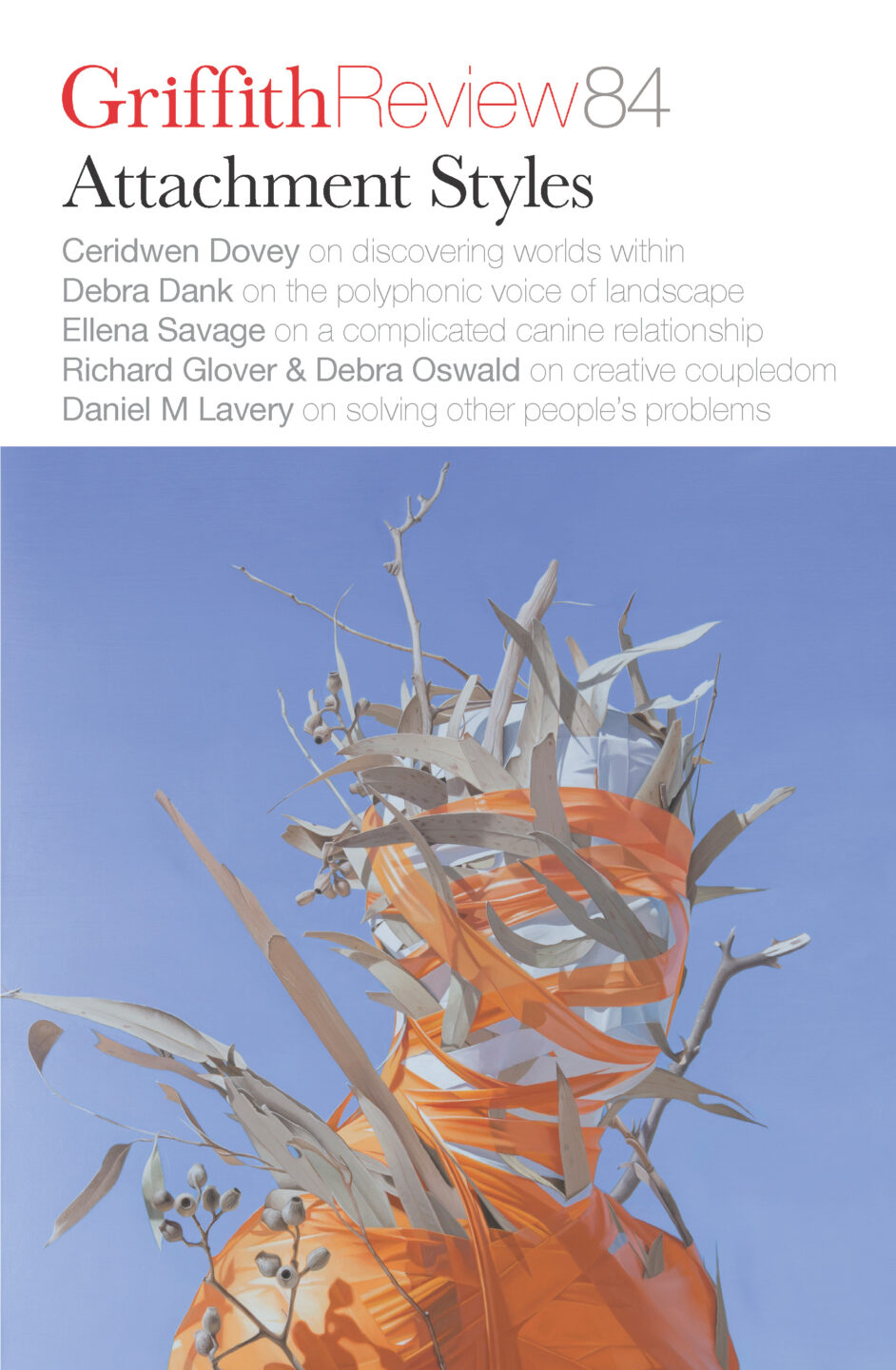Featured in

- Published 20240507
- ISBN: 978-1-922212-95-5
- Extent: 203pp
- Paperback, ePub, PDF, Kindle compatible


Already a subscriber? Sign in here
If you are an educator or student wishing to access content for study purposes please contact us at griffithreview@griffith.edu.au
Share article
More from author

Rise of the reptiles
Non-fictionIn tandem with these plans to cultivate meat in laboratories, bioscience companies in Europe, North America, South Korea and China are currently working to resurrect living, breathing examples of the woolly mammoth, thylacine and dodo. While this may seem foolhardy, the intention is to restore nature’s balance by rewilding animal habitats and damaged ecosystems.
More from this edition

Lincoln Wimbley writes a story at 37,000 feet
FictionThen last week, in that bar. Lincoln never a big bar guy. But Professor Tim suggested, ‘Get out in the world!’ Somewhere all new. So, a bar. The bartender asked, ‘A beer?’ Lincoln hated cans. Hated bottles. Hated beer. But asked for something on draft. On tap. Explained why he was there, a first-timer, hunting for a story. Bartender laughed. Said elsewhere’s probably best. ‘None of the sad sacks here come with a happy ending.’

Origin stories
Non-fictionI CAN MAP your life by what was lost. History (personal and other). Culture. Language. Identity. Home, and all the references to you that it could have held. The very idea of home. The streets you would have walked down, streets that know the history of your family, of those who came before you. The chance to be the version of yourself who grew up with your biological family. The stories that should have been your birthright.

Psychobabble
Non-fiction ONCE, ON A first date, a man asked me if I knew about attachment styles. He caught himself before he finished the sentence and...